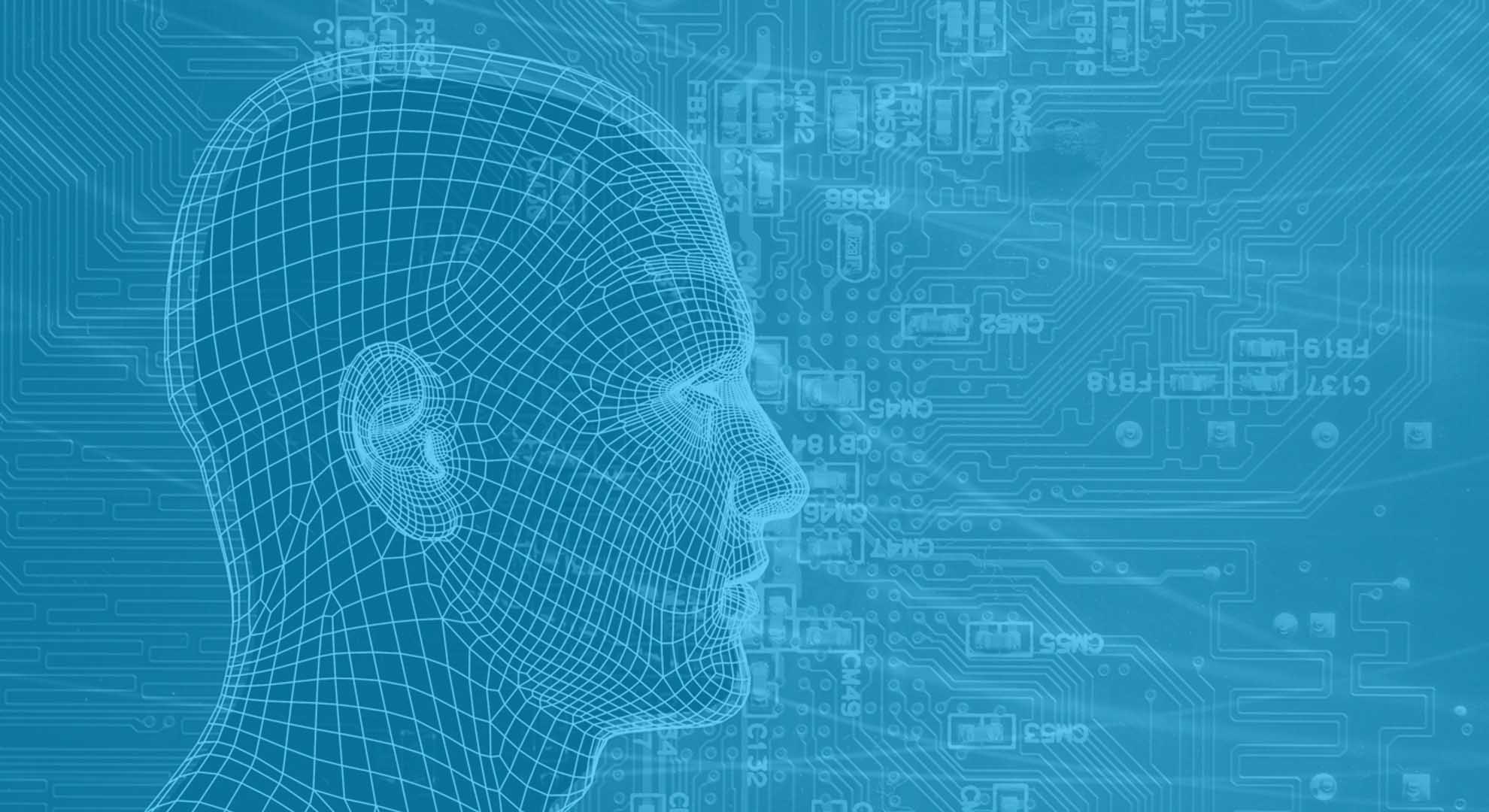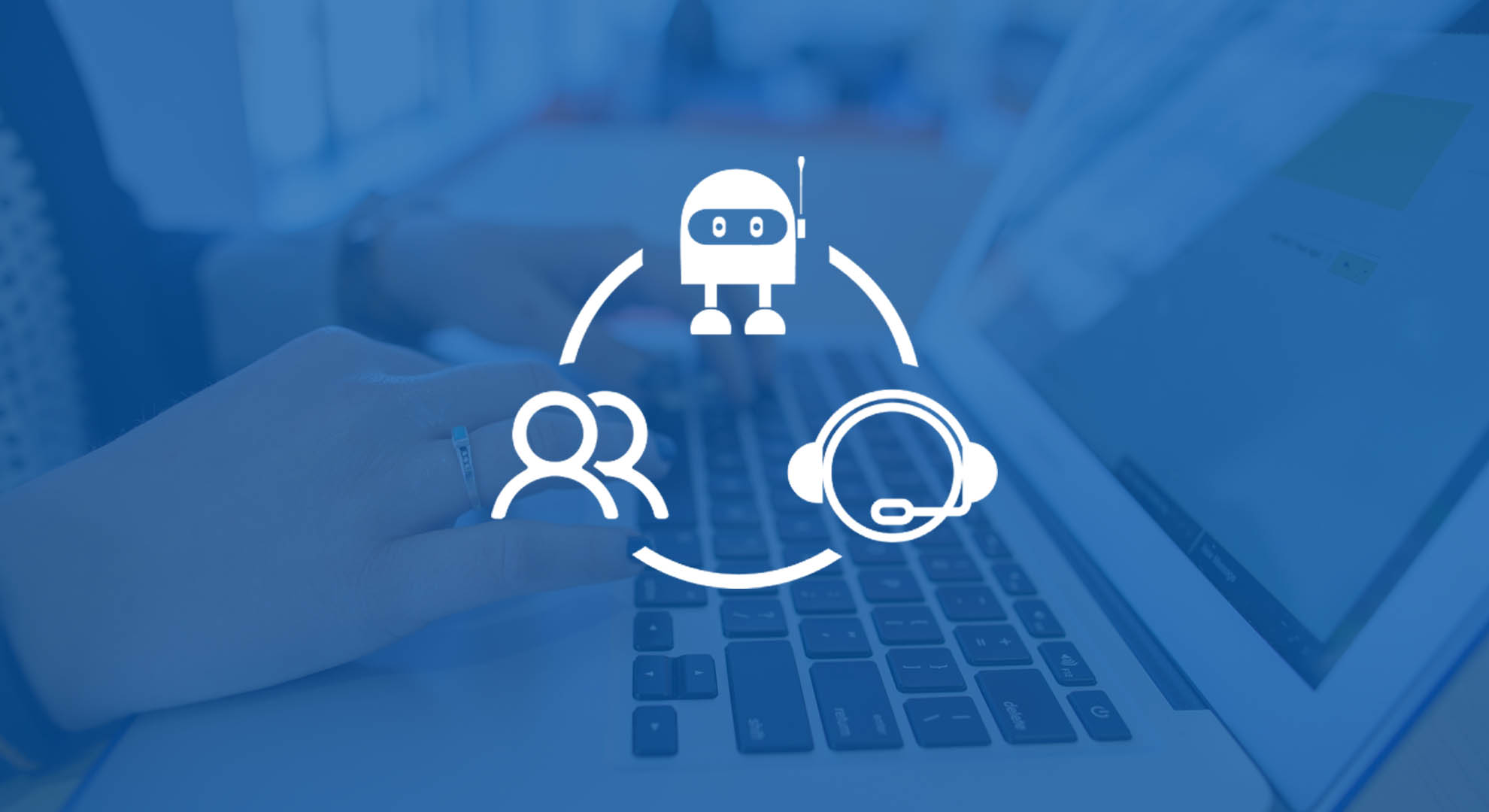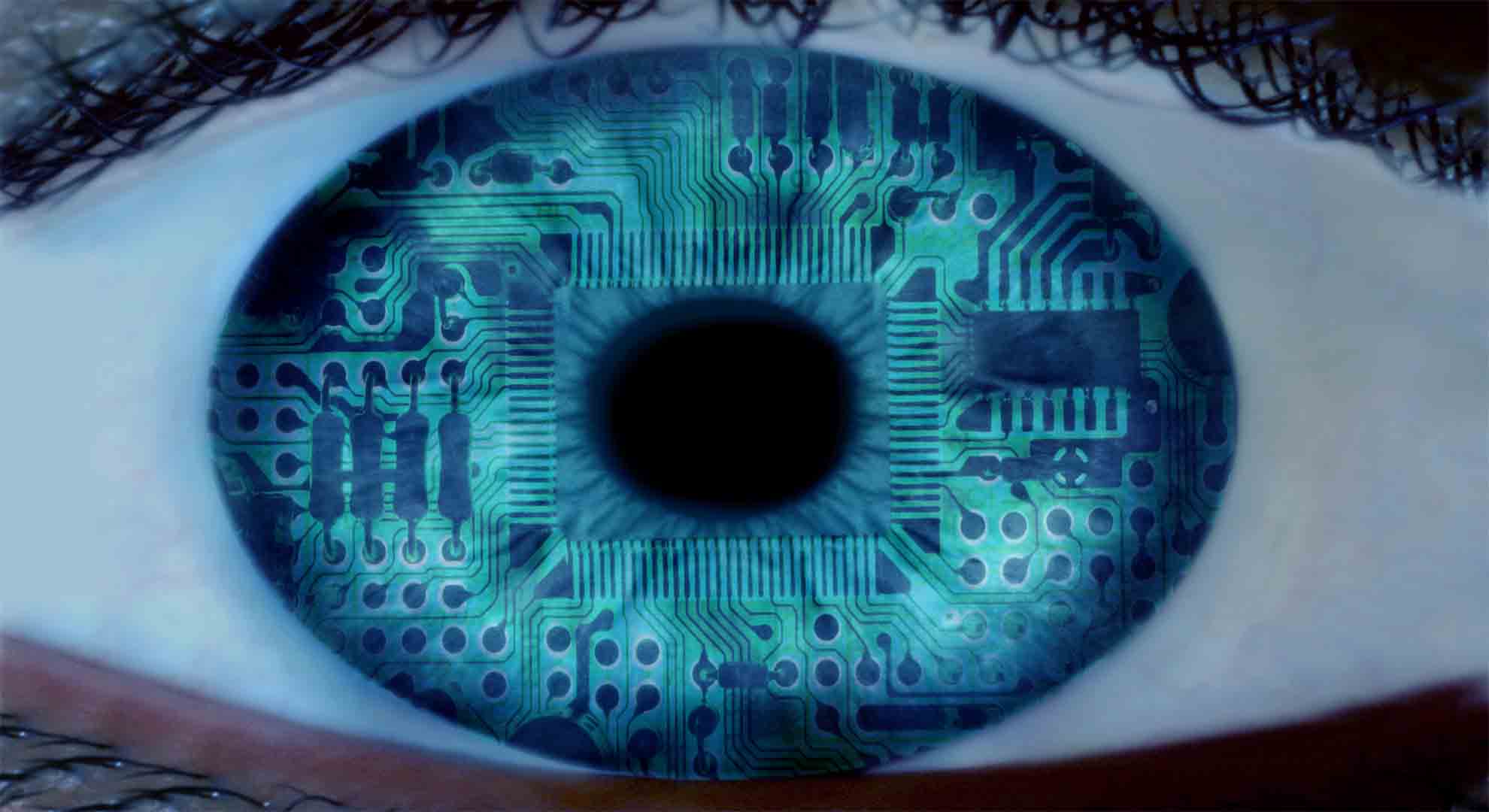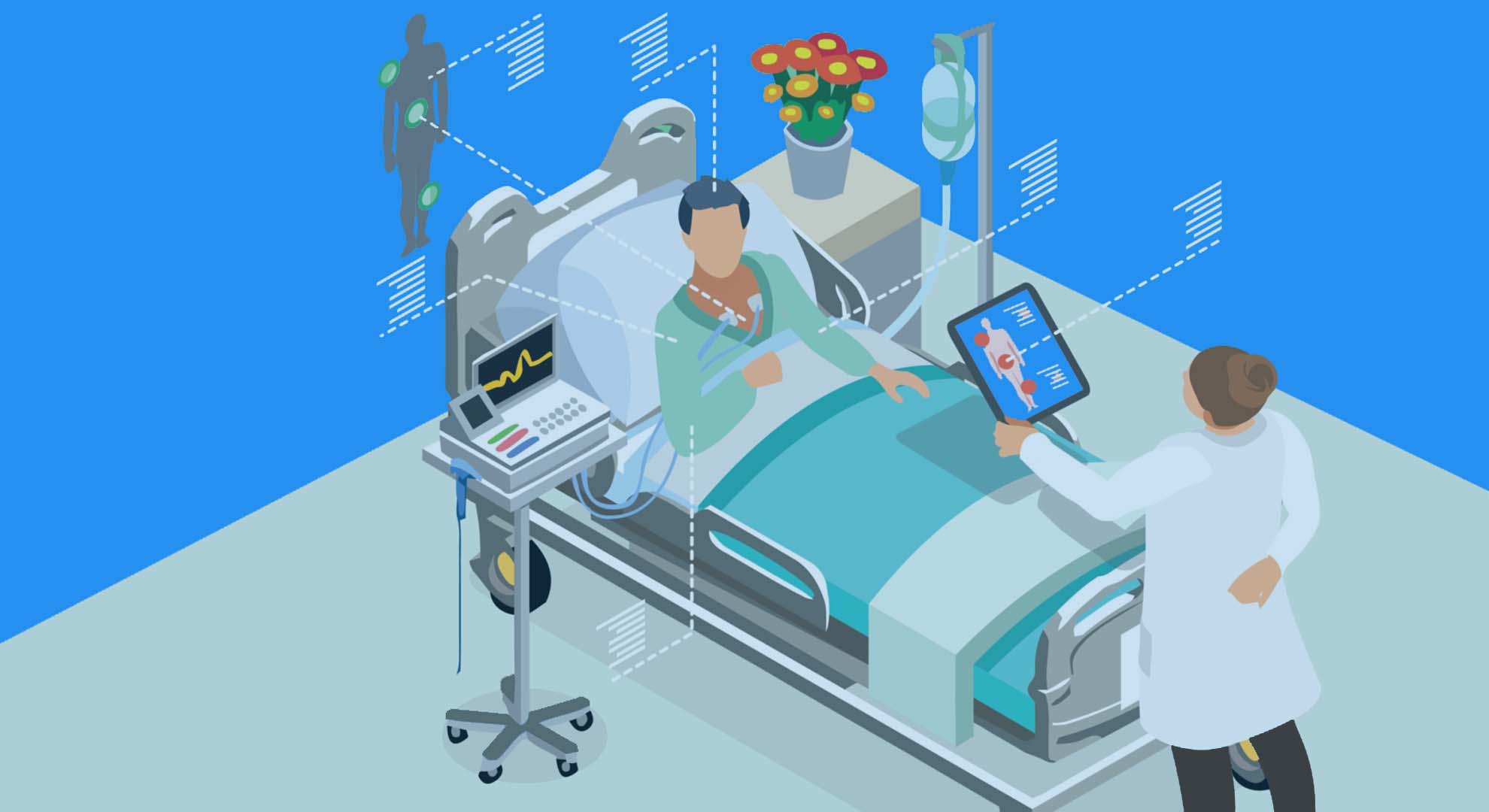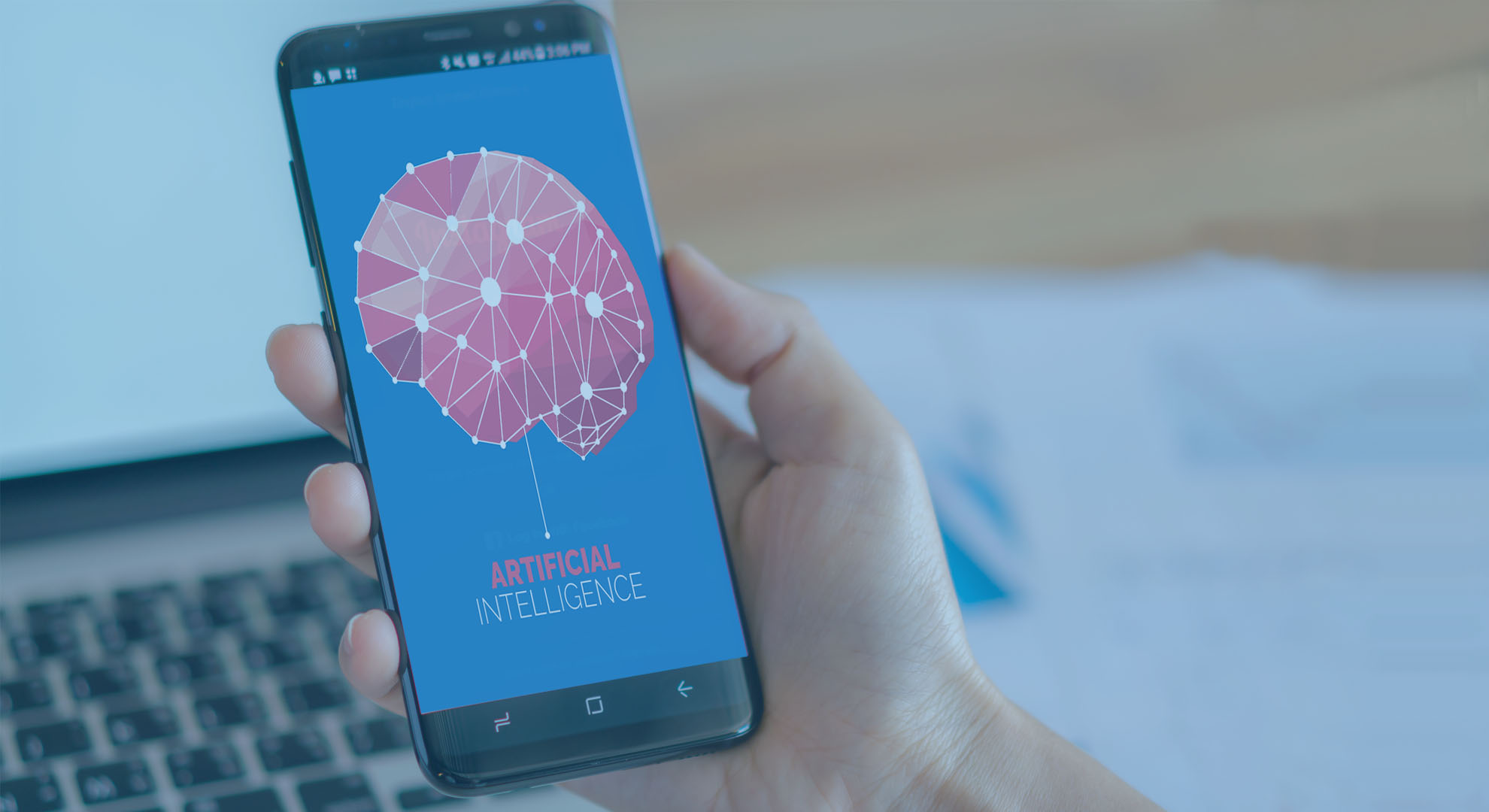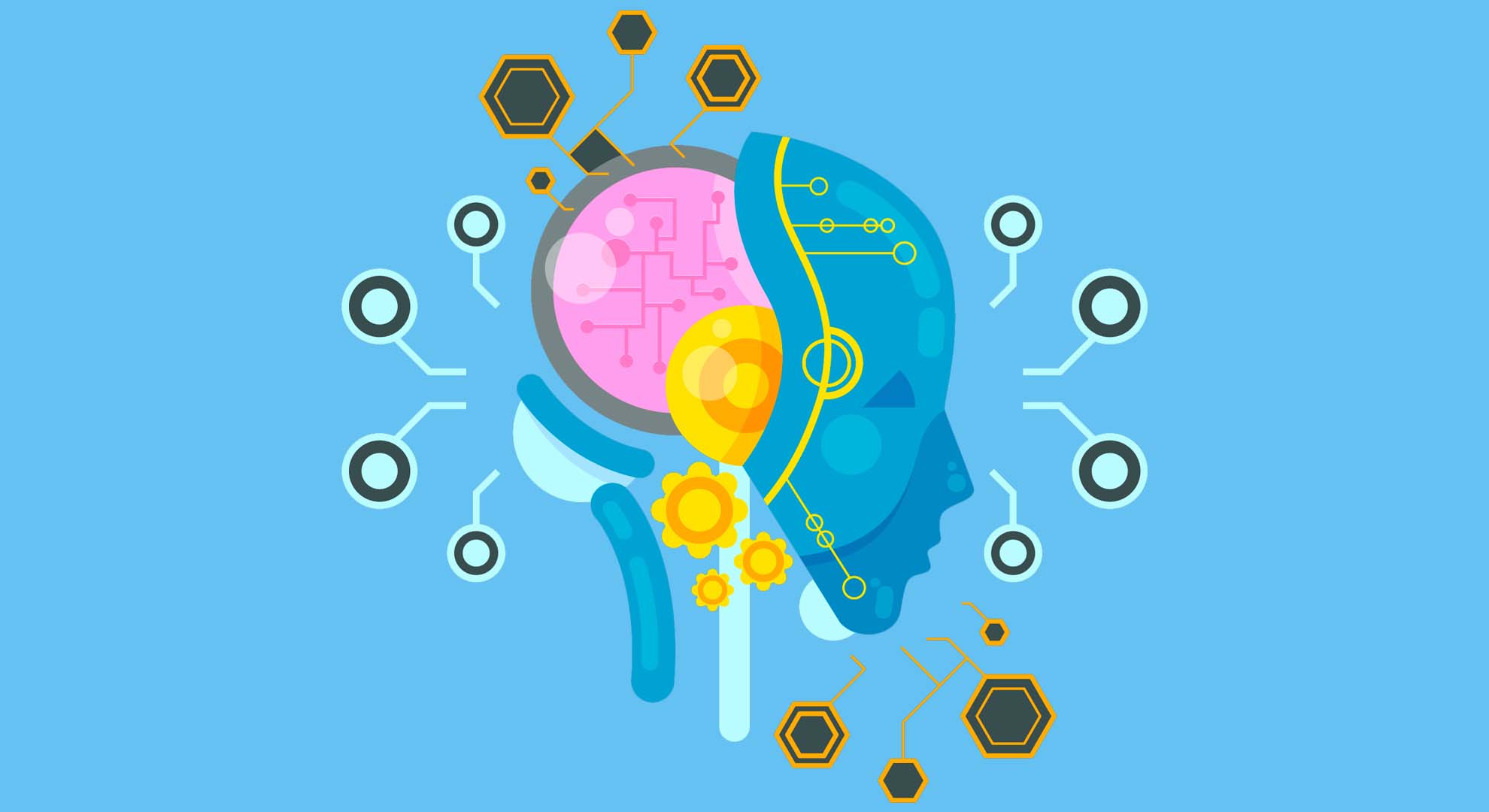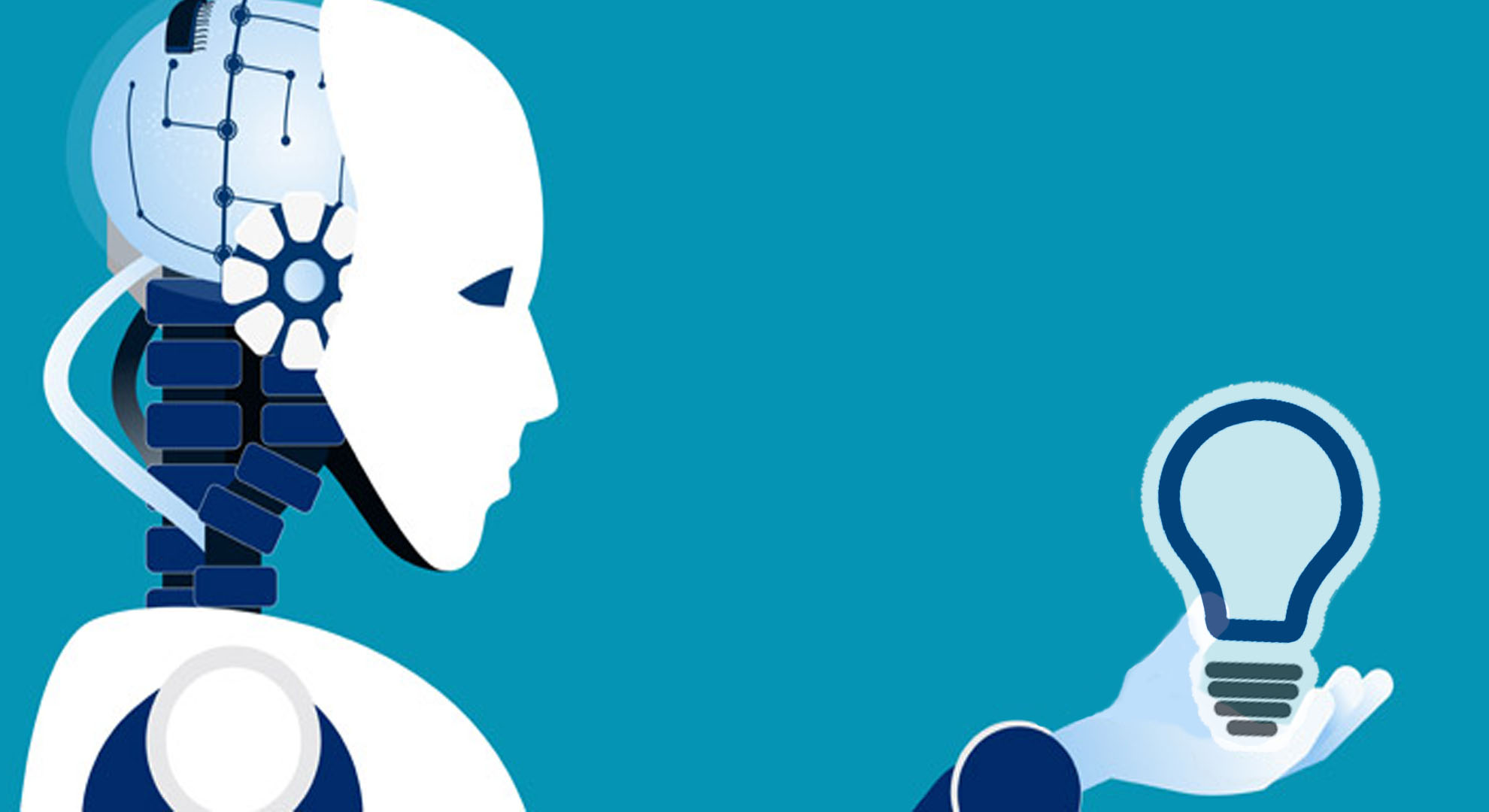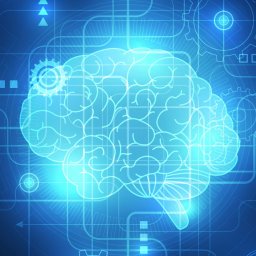The biggest problem of healthcare in the United States is not the quality of care. Rather it is the inequality in health. The hurdle is that not everyone has the access to care and according to CDC, nearly 20% of adults in the US have no regular source of healthcare.
The wealthiest Americans have benefits from steady gains, about five years of additional longevity from 2000 to 2014. While the poorest during the same period life expectancy has not changed at all.
A number of factors contribute to the divide in the mortality, medical and socioeconomic. However, the major concern is that there are no physicians available in the right places. The doctors and caretakers are somewhat drawn to similar situations where they look for top hospitals with highly qualified colleagues and patients that could afford the fees.
The rising prices of medical treatment are also one of the major growing problems. The cost to treat chronic diseases like diabetes continues to grow with the increase in population. The rising cost of pharmaceuticals, doctors, and medical technology depends squarely on what’s known as Eroom’s law, where the cost of healthcare significantly increases over time.
The question is whether the technologies can help in slowing down the rising costs to help democratize healthcare.
For this purpose, Artificial Intelligence and Machine Learning can help in gathering and analyze the situations. For instance, they can perform treatments that a group of 50 doctors could perform individually. Machine learning can perform actions what doctors have learned over the years.
However, it would be useless without the human input. The technology can be trained only with the help of knowledge of best doctors. Moreover, AI is capable of learning new things and identify new features, offering accurate diagnoses. The data is not drawn from the examination of few patients but from the real example of specialists who have experienced it in their life. In simple words, AI understands how you have changed over time more than any human could and that is what it turns to be more predictive.
The democratizing of healthcare will not take place automatically. There must be a change in standard of care to deploy this new technology. The deployment of AI can be taken as scaling the best human skills that can take care of all the areas including diagnosis, preventions, and treatment. Thus it will help in improving both outcomes and diminishing cost.
When it comes to AI healthcare, we must be worried about status quo. Without the incorporation and utilization of innovative technological tools, inequality will continue to worsen. Artificial Intelligence has the potential to give access to the best doctor, best analysis, and best tests anywhere globally without incurring a high cost, truly democratizing healthcare.


